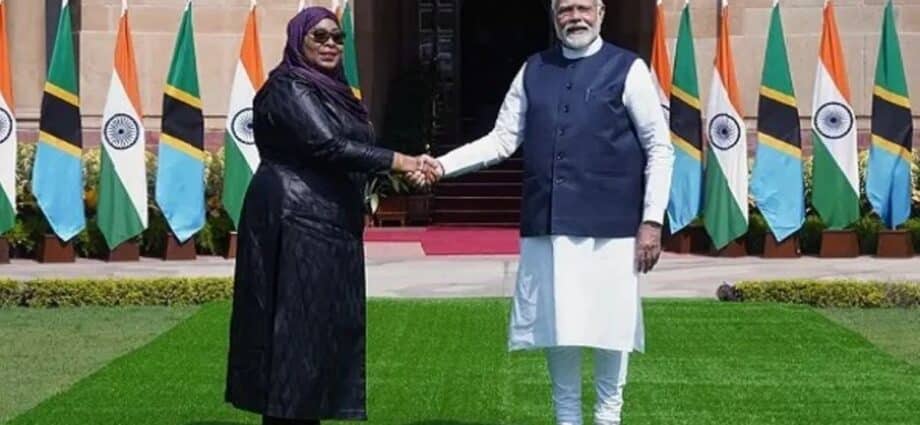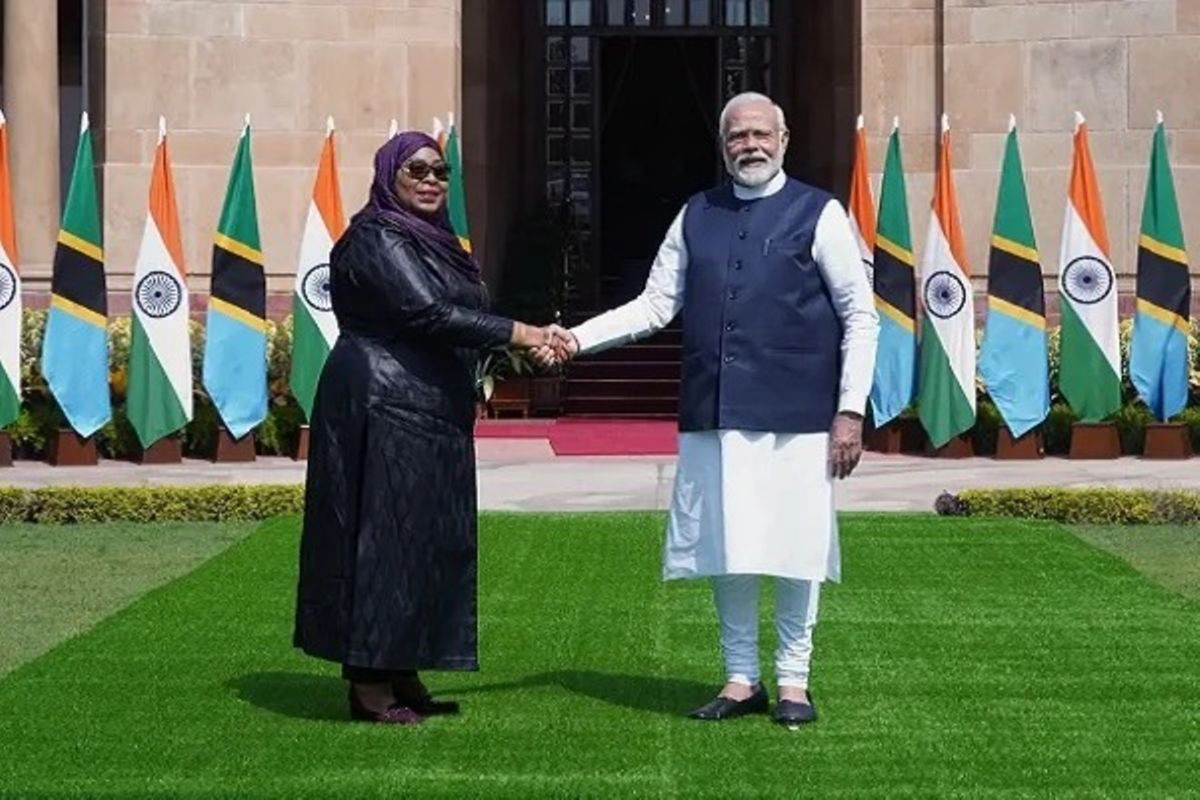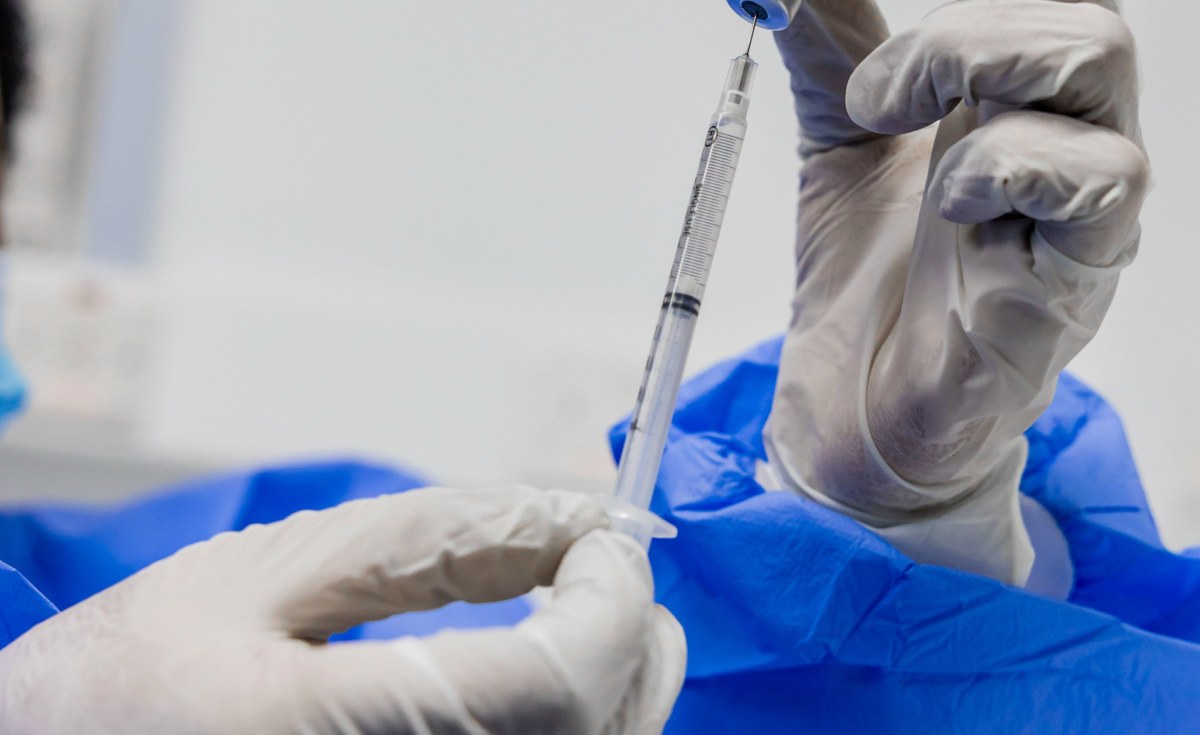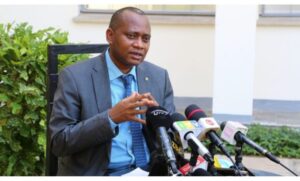Arusha. Tanzania is calling upon Indian investors to raise their investments in the country in an effort to enhance trade between the two countries and increase Tanzania’s foreign currency inflows.
Speaking during the 78th Anniversary of the India Independence which was organized by the Kalakendra Community in Arusha Region yesterday, Arumeru District Commissioner Emmanuela Kaganda said India remained a crucial trading partner for Tanzania, with trade volumes significantly increasing during the past few years.
The growth, he said, solidifies India’s position as Tanzania’s largest export destination.
“Apart from trade, India has become one of the top investors who have invested $3.7 billion in Tanzania,” said Ms Kaganda.
Tanzania, Ms Kaganda said, is now India’s second largest trading partner in Africa.
Data from the Indian High Commissioner in Dar es Salaam show that trade volume between the two countries rose to $7.9 billion by May 27, this year, up from $6.48 billion during 2022/23.
The Indian High Commissioner to Tanzania, Mr Bishwadip Dey, said the progress in bilateral relations were elevated to a Strategic Partnership during President Samia Suluhu Hassan’s state visit to India in October 2023.
Since then, four high-level Tanzanian delegations have visited India, further solidifying ties.
“I was pleased to discover that Tanzania is home to one of the largest Indian Diasporas in Africa, with a thriving community of Non-Resident Indians,” he said.
Indian diaspora and Non-Resident Indians in Tanzania were making significant contributions across multiple sectors, said Mr Dey, exuding confidence that the trend would continue.
“As I begin my duties, I intend to travel across the various regions of Tanzania and engage more proactively with the local communities to bring the Indian High Commission closer to Tanzanians and Indian diaspora residing outside Dar es Salaam,” he said.
The Indian High Commission in Tanzania, said Mr Dey, has decided to organize at least six consular camps across Tanzania every year. The first consular camp shall be organized in Tanga in September 2024.
For his part, the coordinator of Kalakendra in Arusha, Mr Jayesh Chandra, said the Indian Cultural Association in the region had also accomplished various humanitarian projects to mark the occasion.
“As part of our charity activities, this year we built a kitchen for Olorien Primary School, which will benefit more than 850 pupils at the school,” he said.
“In the coming years, also we are pledging to undertake a similar project at a needy school in consultation with the authorities,” added Mr Chandra.















